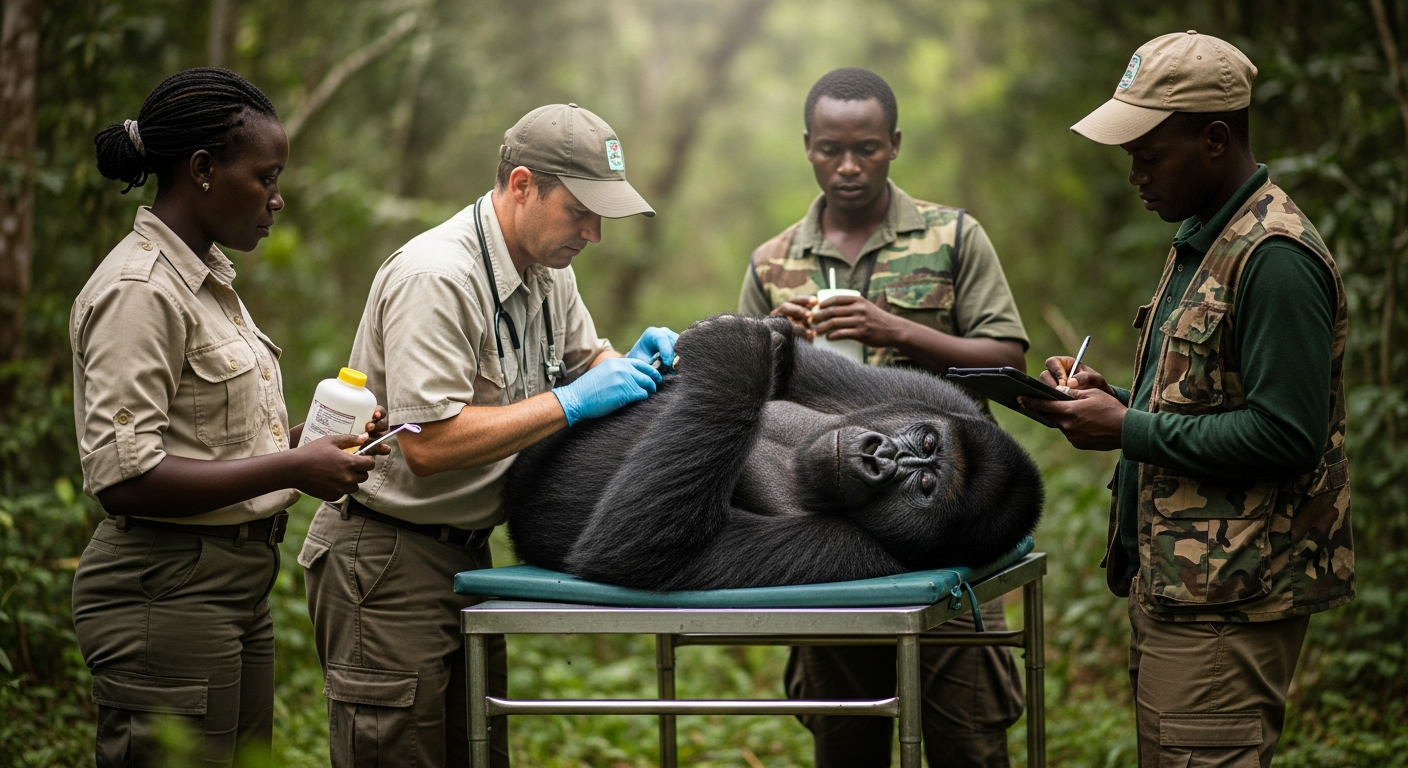Mushroom-Infused Skincare: Nature's Radiance Booster
The fusion of mycology and cosmetology has birthed a groundbreaking trend in the beauty industry: mushroom-infused skincare. This innovative approach harnesses the power of fungi to address a myriad of skin concerns, from hydration to anti-aging. As consumers increasingly seek natural, plant-based solutions for their beauty regimens, mushrooms have emerged as a surprising yet potent ingredient. Their ability to adapt to harsh environments and thrive in diverse conditions translates into resilient, nutrient-rich compounds that can work wonders for the skin. This article delves into the fascinating world of mushroom-infused skincare, exploring its origins, benefits, and the science behind this fungal phenomenon that's captivating beauty enthusiasts and dermatologists alike.

This scientific validation has sparked a surge in mushroom-based skincare products, ranging from serums and moisturizers to masks and toners. Brands are now incorporating various mushroom species, each chosen for its unique properties. Reishi, known for its anti-inflammatory effects, and Chaga, prized for its antioxidant content, are among the most popular choices. The industry’s embrace of mushrooms represents a shift towards more sustainable, plant-based ingredients that align with consumer demands for natural yet effective skincare solutions.
Fungal Fortification: How Mushrooms Benefit the Skin
The efficacy of mushroom-infused skincare lies in the diverse array of beneficial compounds found in these fungi. Beta-glucans, for instance, are polysaccharides present in many mushroom species that have been shown to have powerful moisturizing and skin-soothing properties. These molecules form a protective film on the skin, helping to lock in moisture and reduce transepidermal water loss.
Furthermore, many mushrooms are rich in antioxidants, which play a crucial role in protecting the skin from oxidative stress caused by environmental factors such as UV radiation and pollution. These antioxidants help neutralize free radicals, potentially slowing down the aging process and reducing the appearance of fine lines and wrinkles.
Some mushroom species also contain kojic acid, a natural skin-lightening agent that can help address hyperpigmentation and uneven skin tone. This compound works by inhibiting the production of melanin, making it a gentler alternative to synthetic skin-brightening ingredients.
From Forest Floor to Facial Flair: Mushroom Cultivation for Skincare
The growing demand for mushroom-infused skincare products has led to innovative cultivation practices within the beauty industry. Unlike traditional agriculture, mushroom farming can be done vertically, making it a space-efficient and sustainable option for ingredient sourcing.
Many companies are now investing in controlled indoor environments to grow mushrooms specifically for cosmetic use. This approach allows for precise control over growing conditions, ensuring the mushrooms are free from contaminants and rich in the desired bioactive compounds. Some brands have even developed proprietary strains of mushrooms, tailored to produce specific skincare benefits.
The cultivation process itself is relatively low-impact, requiring minimal water and energy inputs compared to many other crops. This aligns well with the growing consumer demand for environmentally responsible beauty products, adding another layer of appeal to mushroom-infused skincare.
The Science of Fungal Skincare: Clinical Evidence and Research
As the popularity of mushroom-infused skincare grows, so does the body of scientific research supporting its efficacy. Several studies have demonstrated the potential of various mushroom extracts in addressing skin concerns. For example, a 2016 study published in the Journal of Cosmetic Dermatology found that a cream containing Ganoderma lucidum (reishi mushroom) extract significantly improved skin hydration and elasticity in human subjects over an eight-week period.
Another study, published in the International Journal of Medicinal Mushrooms in 2019, explored the potential of Inonotus obliquus (Chaga mushroom) extract in protecting against UV-induced skin damage. The researchers found that the extract exhibited strong antioxidant activity and could potentially be used as a natural sunscreen ingredient.
While these studies are promising, it’s important to note that more extensive clinical trials are needed to fully understand the long-term effects and optimal applications of mushroom-infused skincare products. As research continues, we can expect to see even more targeted and effective mushroom-based formulations hitting the market.
The Future of Fungal Beauty: Innovations and Trends
As the mushroom skincare trend gains momentum, we’re seeing exciting innovations emerge. Some brands are exploring the use of lesser-known mushroom species, each with its unique set of benefits. For instance, the snow mushroom (Tremella fuciformis) is gaining attention for its remarkable water-retention capabilities, rivaling hyaluronic acid in its ability to hydrate the skin.
Another emerging trend is the combination of mushroom extracts with other botanical ingredients to create synergistic formulations. For example, pairing reishi mushroom with adaptogenic herbs like ashwagandha or ginseng to create products that not only nourish the skin but also help it adapt to stress and environmental changes.
Looking ahead, we can expect to see more personalized mushroom-based skincare solutions. As our understanding of different mushroom species and their effects on various skin types deepens, brands may offer customized products tailored to individual skin concerns and goals.
The integration of mushrooms into the beauty industry extends beyond topical applications. Some companies are exploring the potential of mushroom-based packaging materials as an eco-friendly alternative to traditional plastics. This holistic approach to sustainability in beauty aligns perfectly with the ethos of mushroom-infused skincare, promising a future where beauty and environmental consciousness go hand in hand.
In conclusion, mushroom-infused skincare represents a fascinating convergence of ancient wisdom and modern science. As we continue to uncover the myriad benefits of these remarkable fungi, they are poised to become a staple in the beauty routines of those seeking natural, effective, and sustainable skincare solutions. The mushroom revolution in beauty is just beginning, and its potential seems as vast and diverse as the fungal kingdom itself.






